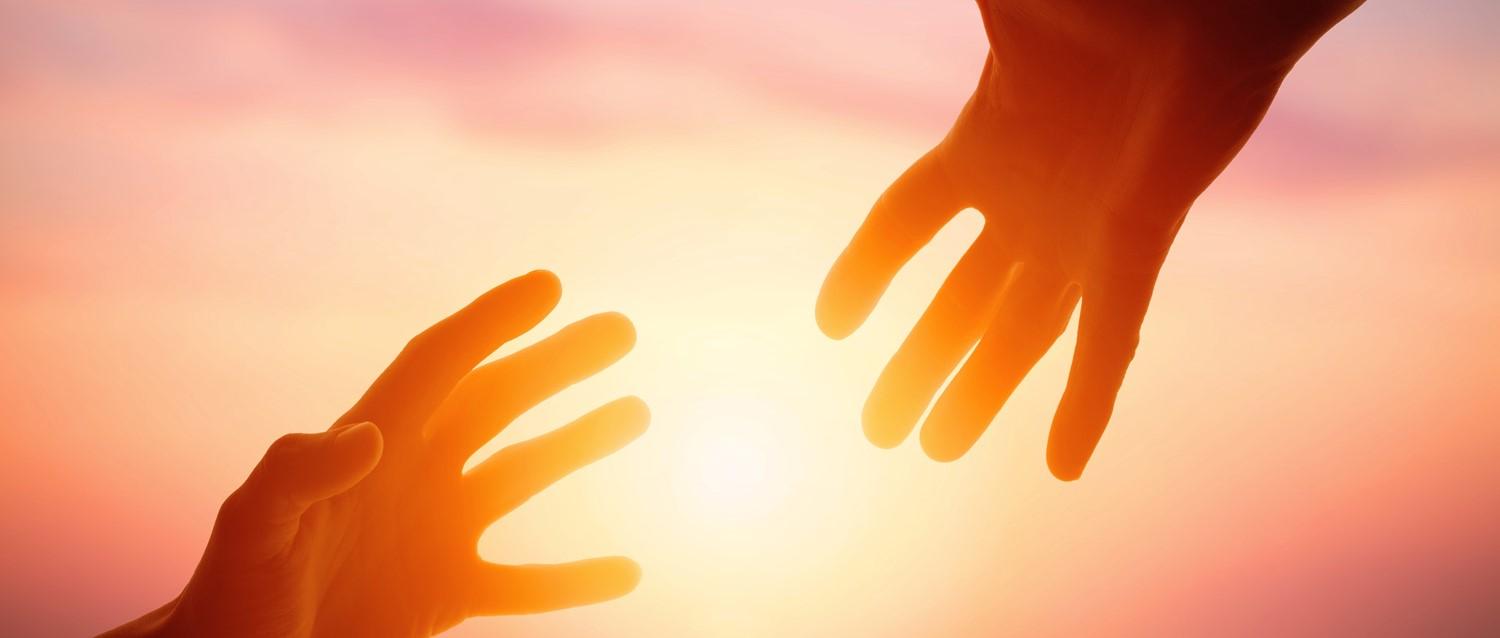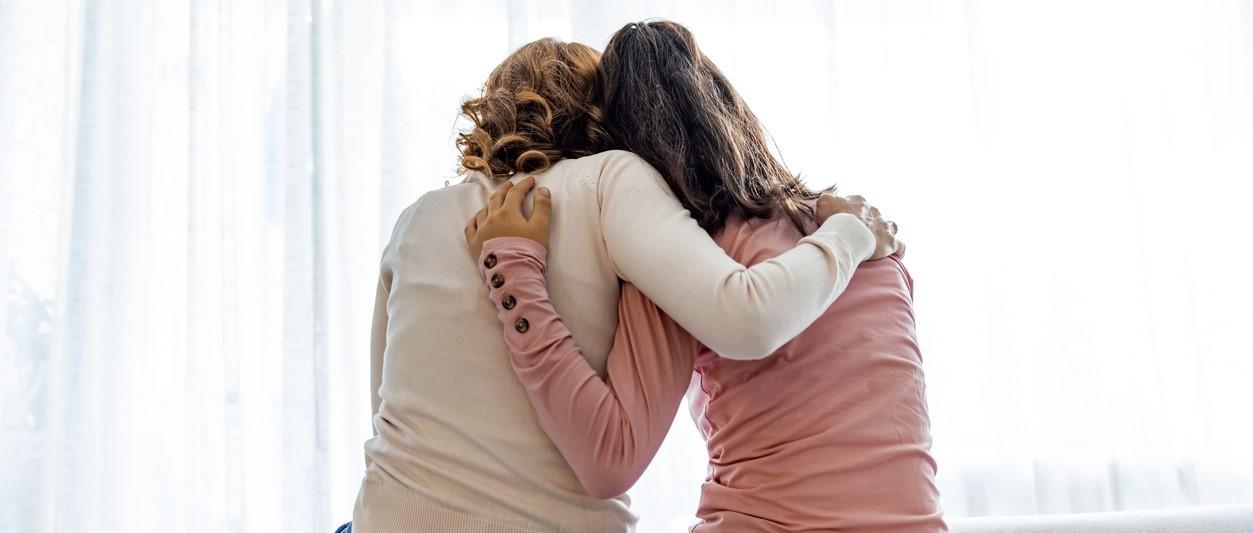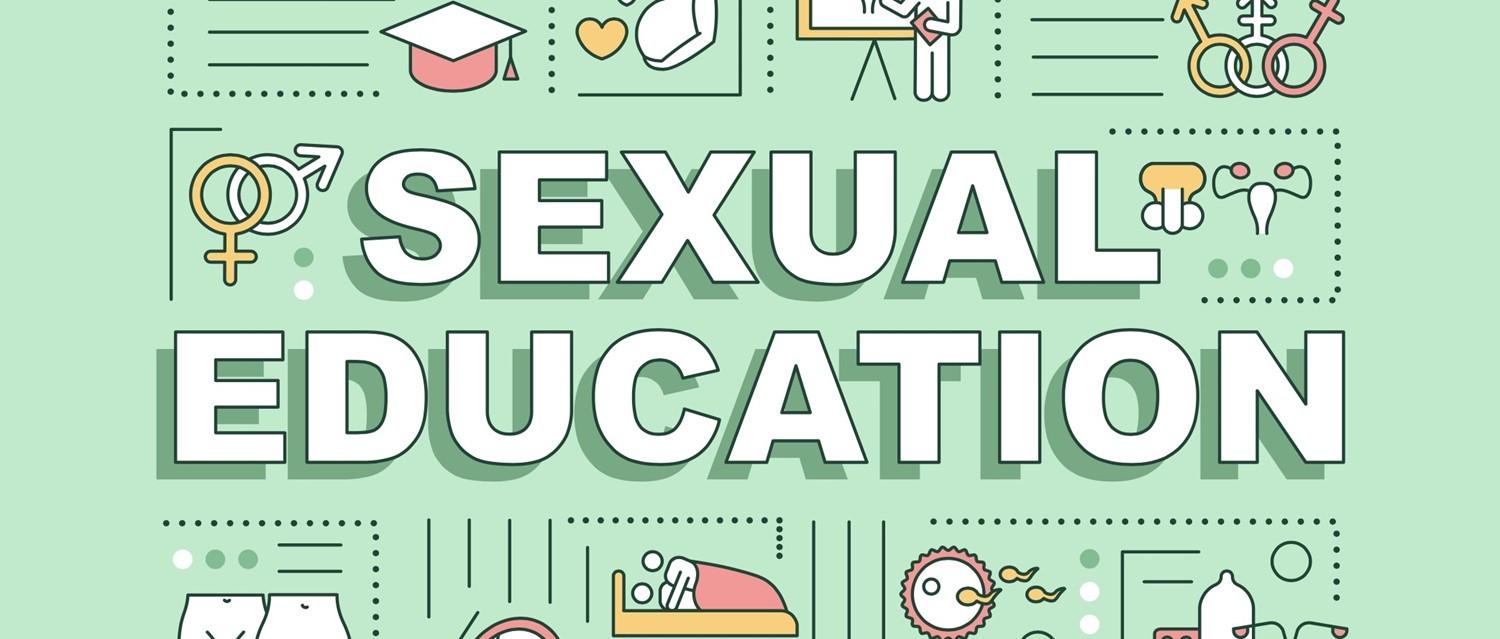
Why is sexual violence against men on the rise?
Peer reviewed by Dr Sarah Jarvis MBE, FRCGPLast updated by Emily Jane BashforthLast updated 10 Feb 2022
Meets Patient’s editorial guidelines
- DownloadDownload
- Share
- Language
- Discussion
With calls to male sexual abuse helplines increasing in 2021, it's important to be aware of where you or a loved one can find support if needed. There are a number of reasons why men don't feel able to seek support following sexual abuse or assault. It's essential that we, as a wider society, ensure everyone feels safe asking for help.
In this article:
Continue reading below
Why have calls to helplines for male victims of sexual abuse increased?
Every year, more than 84,000 men and boys are sexually abused or assaulted according to SurvivorsUK, a charity offering support for men who have been affected by sexual abuse.
Safeline is a charity working to prevent sexual abuse and to support those affected.
Chief Executive Neil Henderson estimates that as many as 1 in 6 have been sexually abused or assaulted. However, many face barriers when trying to reach out or don't feel able to seek help at all.
The impact of the pandemic
Recent lockdown periods created extra challenges for those requiring support following sexual abuse. Staff had to respond quickly to transition traditionally face-to-face services to remote resources whilst maintaining a safe and supportive service.
SurvivorsUK adds that, while the majority of people continued to receive their services via phone or video-calling during lockdowns, a small number chose to pause their support until face-to-face sessions could resume.
The impact of TV
Henderson says it's encouraging to see more male rape victims approach Safeline for support. He credits TV shows that depict the reality of sexual abuse for raising awareness.
A 2022 BBC One Drama Four Lives was a three-part series, which told the stories of 'Grindr killer' Stephen Port.
Henderson says they saw a 50% increase in calls to Safeline's male helpline the week after the show aired.
"There's also been a big rise in the number of people reporting they've been sexually abused by someone they met through a dating app or site - and more needs to be done to protect people in this area."
Casual encounter assault v relationships
For the years ending March 2017 and March 2020 combined, the Crime Survey for England and Wales (CSEW) looked at victims who experienced sexual assault by rape or penetration since the age of 16. It found that almost half of male victims (43%) reported being assaulted by a stranger, and women were more likely than men to know their perpetrator.
In terms of partner abuse, male victims were more likely to report that the perpetrator(s) was female than male (61.0% compared with 1.0%) - although these figures should be interpreted with caution because of the high number of people who did not wish to answer the question. The figures also show that women (81.3%) are more likely to tell someone than men (50.8%), with 43.7% of men most likely to tell someone they knew personally about the abuse.
Why do men struggle to reach out for help following sexual violence?
SurvivorsUK says the following factors can stop survivors from reaching out for support:
Stigma.
Shame.
Vulnerability.
The charity says stereotypes about masculinity often deter men from reaching out following sexual abuse. The misconception that trauma is for women and aggression is for men can harm all genders.
How likely are gay men to report?
A SurvivorsUK report also found that just over 1 in 4 gay and bisexual men have had a sexual experience where they've consented to something that then became something they didn't consent to. Equally, 1 in 5 stated that they have consented to having sex with one person, but it ended up involving someone else without their consent.
Just under half of gay and bisexual men said they have been affected by sexual assault. However, 85% of those said they would not report the incident to the police.
Men who are LGBTQ+ face additional barriers with reaching out, including:
Mistrust in authorities.
Concerns regarding anonymity.
Not being 'out' yet.
Fearing their sexuality will be used as an excuse.
The CEO of SurvivorsUK himself, Alex-Feis Bryce, is an out survivor of sexual abuse. He says his own personal experiences of sexual violence in a queer space had a great impact.
"I've also always had the sense - perhaps my imagination or some projected internalised self-blame or shame - that many of the gay and bi men who I've told about what happened to me reacted in a way that suggests that they saw experiencing sexual violence as, in some way, a rite of passage or an inevitability for men who have sex with men," he said.
The aftermath of abuse
Some of the general emotions a man might feel following sexual abuse can contribute to reluctance or fear of seeking help. These can include:
Emotional shock.
Disbelief and/or denial.
Embarrassment.
Anxiety.
Anger.
Physical stress.
Continue reading below
Myths and misconceptions
Widespread misconceptions surrounding sexual violence against men can have a great impact on those who want to speak out. Myths regarding male sexual abuse can not only prevent men from seeking support but also influence the attitudes of others when they share their stories.
These myths can include:
Men can't be sexually assaulted.
Sexual assault can happen to anyone, regardless of age, sexuality or gender identity. Any sexual act that someone doesn't agree to is assault.
Being sexually assaulted makes a man gay.
There is no evidence to suggest that a man being sexually assaulted or raped changes his sexual orientation.
Men can't be abused by women.
Women can sexually assault men. Any sexual activity you have not consented to is assault.
A victim is to blame if they were drunk or taking drugs.
The reality is that sexual abuse is never, ever the victim's fault. No one deserves to be sexually assaulted, and it doesn't matter how a victim behaved prior to the incident. If they haven't consented, it is wrong.
Erection or ejaculation during sexual abuse means a victim consented to it.
The body will naturally react in certain situations in ways you either don't want or aren't expecting. Therefore, getting an erection or ejaculating while being sexually assaulted doesn't mean someone has enjoyed or consented. However, many abusers will use these responses from the victim's body to confuse them and make them feel powerless.
"Myths and misconceptions about the sexual abuse of men can make the reality of being a survivor a difficult one, increasing isolation and maintaining stigma," SurvivorsUK says.
Where can you find support following malesexual abuse?
There are several helplines for confidential support and guidance. These services are available to anyone affected by sexual abuse or assault, including family members or loved ones of those affected.
SurvivorsUK
Webchat - visit survivorsuk.org.
SMS - text 020 3322 1860.
Email - help@survivorsuk.org.
Safeline
Webchat - visit safeline.org.uk.
SMS - text 07860 065187.
Phone - call 0808 800 5005.
Email - support@safeline.org.uk.
Galop (LGBTQ+ support)
Webchat - visit galop.org.uk.
Phone - call 0800 9995428.
Email - help@galop.org.uk.
Men's Advice Line
Webchat - mensadviceline.org.uk.
Phone - call 0808 8010327.
Email - info@mensadviceline.org.uk.
ManKind
Phone - call 01823 334244.
Patient picks for General sexual health

Sexual health
Where to get help for sexual assault
With stories of sexual assault in the media, we appreciate that people may be having to re-confront experiences from their past. Here we share the trusted services that can support you. As difficult as it is to ask for help as a survivor of sexual assault, there are safe spaces to talk, be listened to, ask questions, and gain skills to help you get back to yourself - from emotional support to legal advice.
by Amberley Davis

Sexual health
Teenage sex education: the best digital resources for your child
Does your teenage child have questions about sex, relationships, their identity, or the physical changes that accompany puberty? Perhaps you're looking for a safe space online where they can explore different aspects of sex education and learn healthy behaviours? There are many helpful resources out there, and we've assembled some of the most trustworthy to help you support your child's sex education.
by Amberley Davis
Continue reading below
Article history
The information on this page is peer reviewed by qualified clinicians.
10 Feb 2022 | Latest version
10 Feb 2022 | Originally published

Ask, share, connect.
Browse discussions, ask questions, and share experiences across hundreds of health topics.

Feeling unwell?
Assess your symptoms online for free
Sign up to the Patient newsletter
Your weekly dose of clear, trustworthy health advice - written to help you feel informed, confident and in control.
By subscribing you accept our Privacy Policy. You can unsubscribe at any time. We never sell your data.